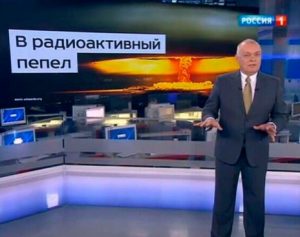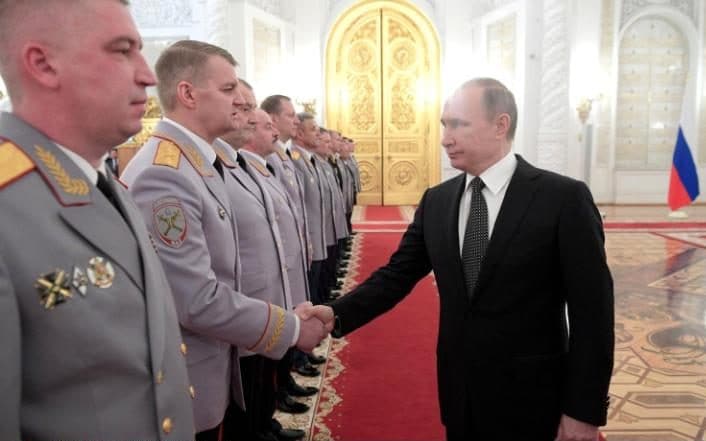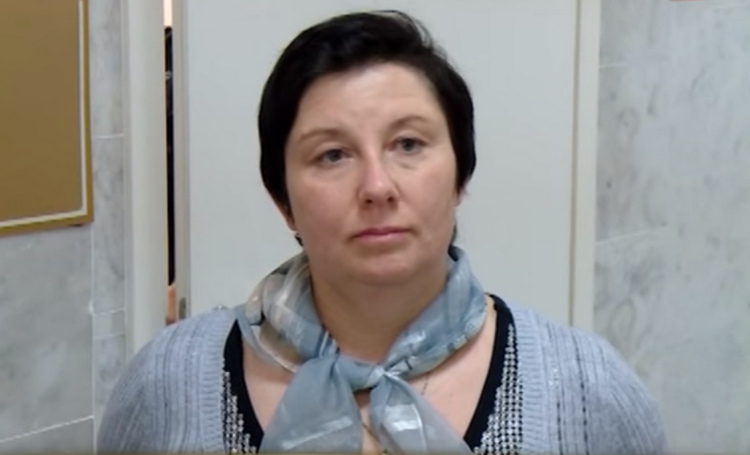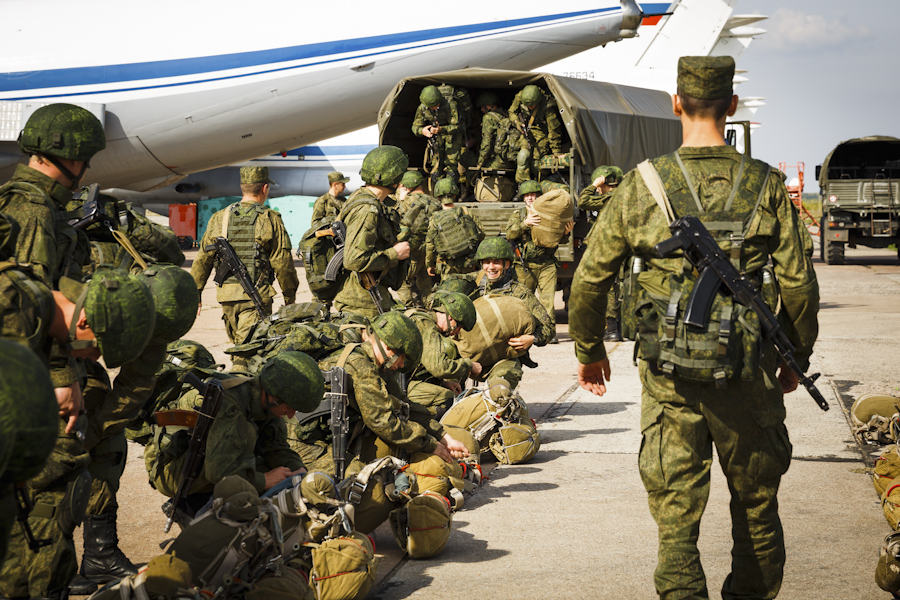Donald Trump, as the scandal about the multiple and continuing contacts between his team and Moscow grows, has come under increasing pressure from some in the US Congress to take a harder line against the Russian government in Ukraine and elsewhere than he might have preferred in order to shore up his presidency.
That is widely recognized. But Russian analyst Andrey Piontkovsky argues Vladimir Putin is now under similar pressure to take a harder line against the US from those in the Moscow elite he calls “the party of war” who are using the media to whip up anti-American sentiments and demand aggressive action.
To the extent that the commentator’s conclusions are correct, that could presage a far greater deterioration in relations between Washington and Moscow in the immediate future, a negative trend driven not by geopolitical calculations on either side but rather by the imperatives of domestic politics in both.
Putin’s own approach and the Russian elite political culture within which he operates requires “dynamism,” a sense that Moscow is moving forward rather than drifting. Right now, many in the Russian capital don’t have a sense that this is the case with Putin, Piontkovsky argues.
And to the extent that such feelings spread, he continues, some may begin to say to themselves and others the most dangerous line in such countries – “the tsar is not a real one,” but rather a “false” leader who must be shoved aside. To counter the growth of such attitudes, Putin will have to take action.
Indeed, Piontkovsky suggests, what is now happening in Russia before all our eyes is “the first not military but television coup in the history of authoritarian regimes. It is no longer the Kremlin which defines the agenda for television but television which defines the agenda for the Kremlin.”

The only way for Putin to “hold on to power for a certain time” is, the Russian commentator says, is, like the famous case of one leader of the French Revolution who said he needed to find out where the people were going, so he could get ahead of them, to take over this “media coup” by moving, at least for a time, in the direction the Moscow television suggests.
It is unlikely that the Russian media is either as independent from Putin or as powerful an influence on his behavior as the Congress is on Putin, but Piontkovsky’s words deserve attention as a reminder that the relationship between the media, which Putin has used to build power, and Putin himself is more complicated than many, including possibly him, recognize.
Three other reports this week provide related perspectives. First, Moscow journalist Arkady Babchenko argues that the simultaneous presence in office of Putin and Trump means that for the first time in history, the two countries with the most nuclear weapons are in the hands of “inadequate” people.
Second, Maxim Kalashnikov says Trump won’t so much change course on Russia – unlikely because it isn’t that important to him – but rather be forced by problems at home to hand over decision making on Moscow to the existing US foreign policy establishment, which he describes as consistently anti-Russian.
And third, Russian financial analysts reported that last month, the Kremlin cut social spending by 2.5 times while increasing military spending by six, a story that if true suggests Putin is sending a message to those who don’t think he is tough enough that he is prepared to put Russia on a war footing.
Related:
- The nuclear fallout of Trump's possible détente with Putin
- Flynngate reflects Putin's penchant for high-risk counterproductive actions, Khzmalyan says
- Imperial idiocy. How Putin became Ukraine's ally
- End of Kremlin's dream of 'Big Deal' with Trump makes Putin more dangerous not less
- Putin's policies make clash of Orthodox and Islamic civilizations in Russia more likely
- Like Hitler, Putin told the West in advance what he'd do -- and the West ignored him





